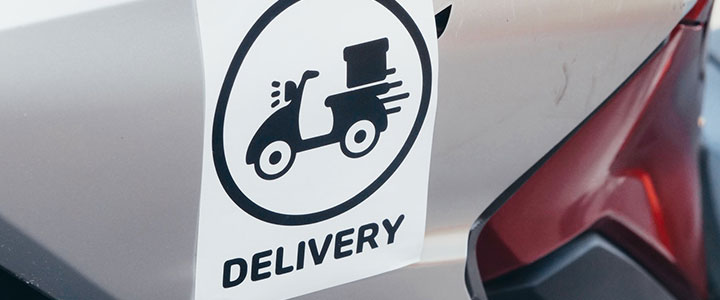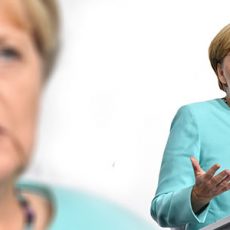
The complex debate on taxation of large Internet platforms affects all levels, from the large institutions involved in global governance – such as the G20 and IMF – to city councils in cities that have around two million people, such as Barcelona. For a while now the Catalan city council has been working to implement a tax on home delivery of online purchases. The measure is after an essential objective: to defend the traditional commercial structure and small businesses from the rise of e-commerce, a market dominated by multinational platforms such as Amazon and AliExpress.
According to the promoters, it would also fulfil an environmental objective, considering the proliferation of packages being transported all over the city. These deliveries pollute – the majority of them – and often do not comply with loading and unloading regulations, so in particular they complicate the flow of traffic and, consequently, increase emissions.
The initiative from the Barcelona City Council, governed by left-wing parties, has a complicated fit legally, as one of its main backers, the city councillor for Commerce and Finance, Montserrat Ballarín, of the Socialist Party of Catalonia, recognised in statements to the newspaper El País. The tax, she explained, “would be based on the use that platforms make of local public domain to gain an economic benefit” and the “negative externalities produced by distribution of these products”. But it is not easy to match how and whom to tax (the consumer? the distributor? all companies or just those that do not have some sort of structure in the city?), or not even whether a City Council has the legal authority for this type of tax.
So, there’s still a lot of work to do. And there are interesting ideas on the table, such as making reimbursements for zero-emission vehicles or allocating revenues obtained to finance activities aimed at promoting digitalization of retail trade in Barcelona.
A disorderly digital transition
The complexity of this measure – with small economic importance – is a good example of the obstacles and difficulties that European institutions are dealing with facing the speed of economic digitalization, a process led almost entirely by U.S. companies. In this case, faced with Amazon’s enormous business and economic power, small and medium-sized urban stores are also betting on selling online, but they are at a distinct disadvantage in this area in matters such as labour regulation, the use of data, and, specifically, taxation.
That is, from the point of view of the European Association for Digital Transition, the main problem is: the enormous difficulties for nearby businesses to compete on an uneven playing field. This is just one of the many manifestations of the disorderly digital transition process we are involved in, with the European Union, and all its Member States, in a complicated situation. At the end of last year, Barcelona’s mayor, Ada Colau, had already asked the city’s residents to support local businesses against Amazon; a line of action also supported at the time by Anne Hidalgo, the mayor of Paris. Now the Catalan city is trying to move forward with this tax, and it must pay close attention to who will really end up paying it. At the least, their audacity should be acknowledged, although it is not clear that they can implement the online delivery tax nor that it will truly meet its objectives. But city councils have a lot to say about defending small businesses, however much the battle for a Europe with digital, political, economic, and social sovereignty is largely being fought in other settings.




